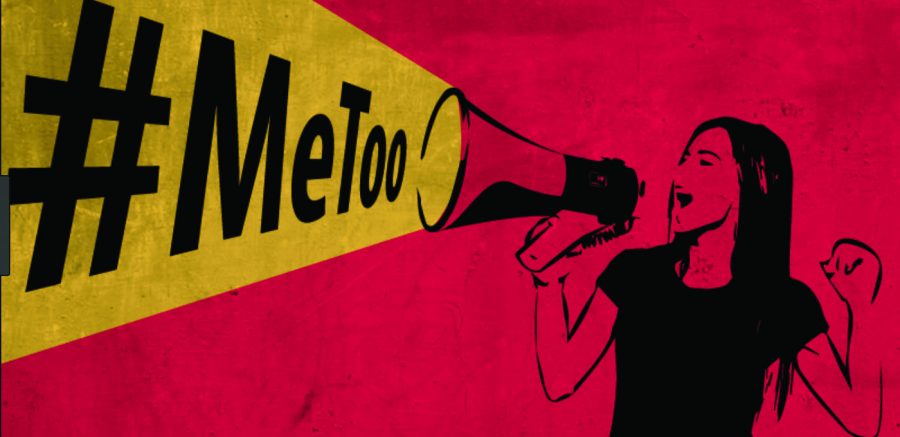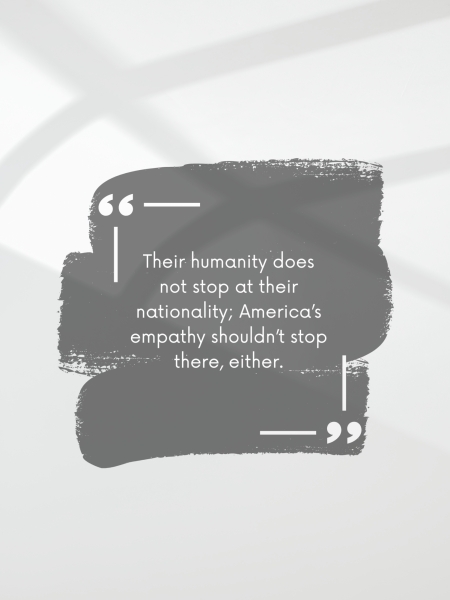Bathroom signs shed light on sexual assault
On the morning of Oct. 8 students found the LHS girls downstairs bathroom in the main building, decorated with signs and statistics about sexual assault. (Quoted on this page).
Recently, with the broadcasted court causes about sexual assault have made people who have been assaulted, like myself, feel like that we have a platform to feel heard on. Although, it would seem that way, I and many other women and girls would have to disagree.
“Why didn’t you just go and tell the police? Wouldn’t you want him to go to jail? How do I know that your story is real if it isn’t documented?”
These were all questions people asked me when. All of them were, consequently, men.
“How come you don’t remember what day it was? What time it was? What you were drinking?”
They continued to hound me, saying that if I accused their son of a sexual assault that didn’t happen, that I should get all of the consequences that I deserve.
The truth is I never went to the police because I felt guilty. I felt bad for him. I knew that whatever I did and whatever I said would haunt him. Considering he was one of my friends, I didn’t want to hurt him the way he hurt me.
Days passed. The guilt started to fade and turned into anger. It turned into something that I hated, and made me believe it was my fault. My fault for going to the party, my fault for drinking, my fault for telling him that what he did was “OK.”
It was not OK.
It is not OK.
What is a person to do in this situation? Found at soundvision.com, here are few important points to acknowledge.
Know sexual assault is:
• Something that is unwanted
• Someone touching you in a way that you do not want
• An offense that can happen to anyone, not just women
Tell someone trustworthy about it:
• A close family member
• A friend
• A teacher
Consider telling the police about it:
It is not your obligation to tell the authorities, but remember that an offender can do it again and make someone feel the way that you feel.
Notice your feelings:
• You may feel embarrassed and guilty, but it is not your fault.
• You may re-experience the attack or the feelings after the event. If so, seriously consider telling someone about the attack.
Seek professional help:
Usually counselors will have some advice, and they can be amazing sources to talk to. But many are required to ask if you want to press charges, or could be obligated to go to authorities without your full consent.
I felt like I was alone. I didn’t talk to anyone about it. It took me three months to tell my mom what happened because I felt like I was going to be in trouble. Luckily, my mom was understanding and not angry at all. She was upset that I didn’t tell her sooner, but understood why I didn’t.
There are options to consider, options that I wish I had known about. The options listed are not the only ones that you have. Usually survivors do is trauma up and keep it hidden from everyone so they can continue living. But that sometimes is not healthy. The most self-benefiting option is telling someone who you trust. If you’re not sure who that is, the RAINN (Rape, Abuse and Incest National Network)’s hotline is: 800-656-4673.
They will listen to you.
You are not alone.






